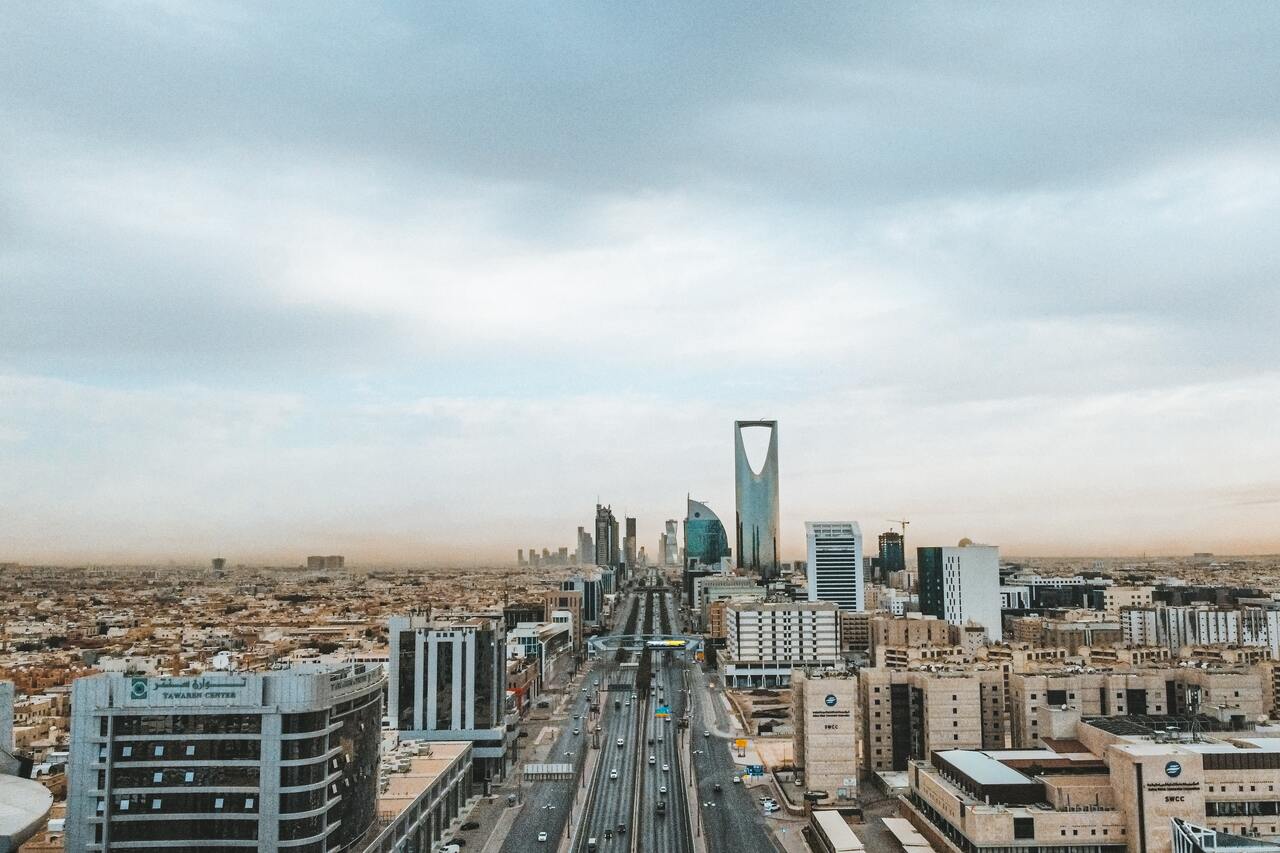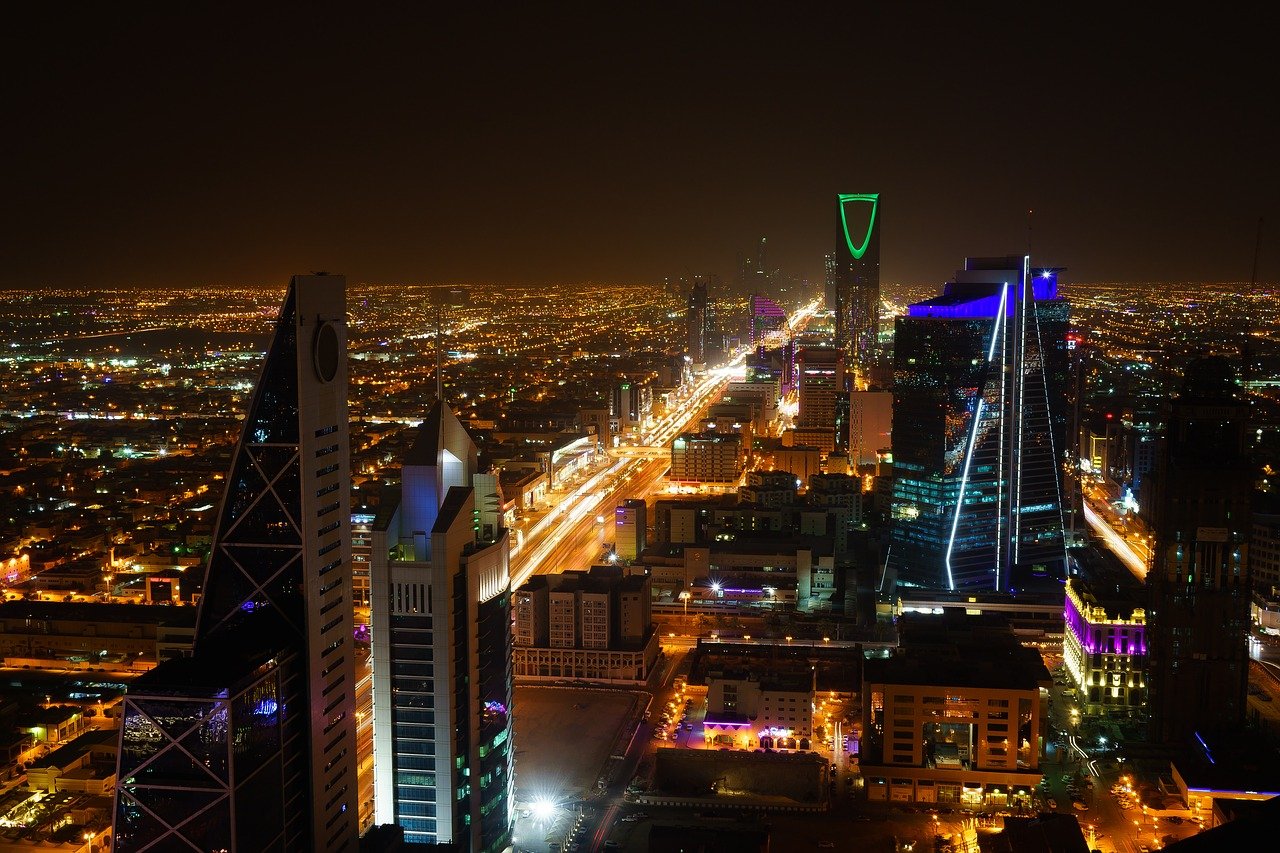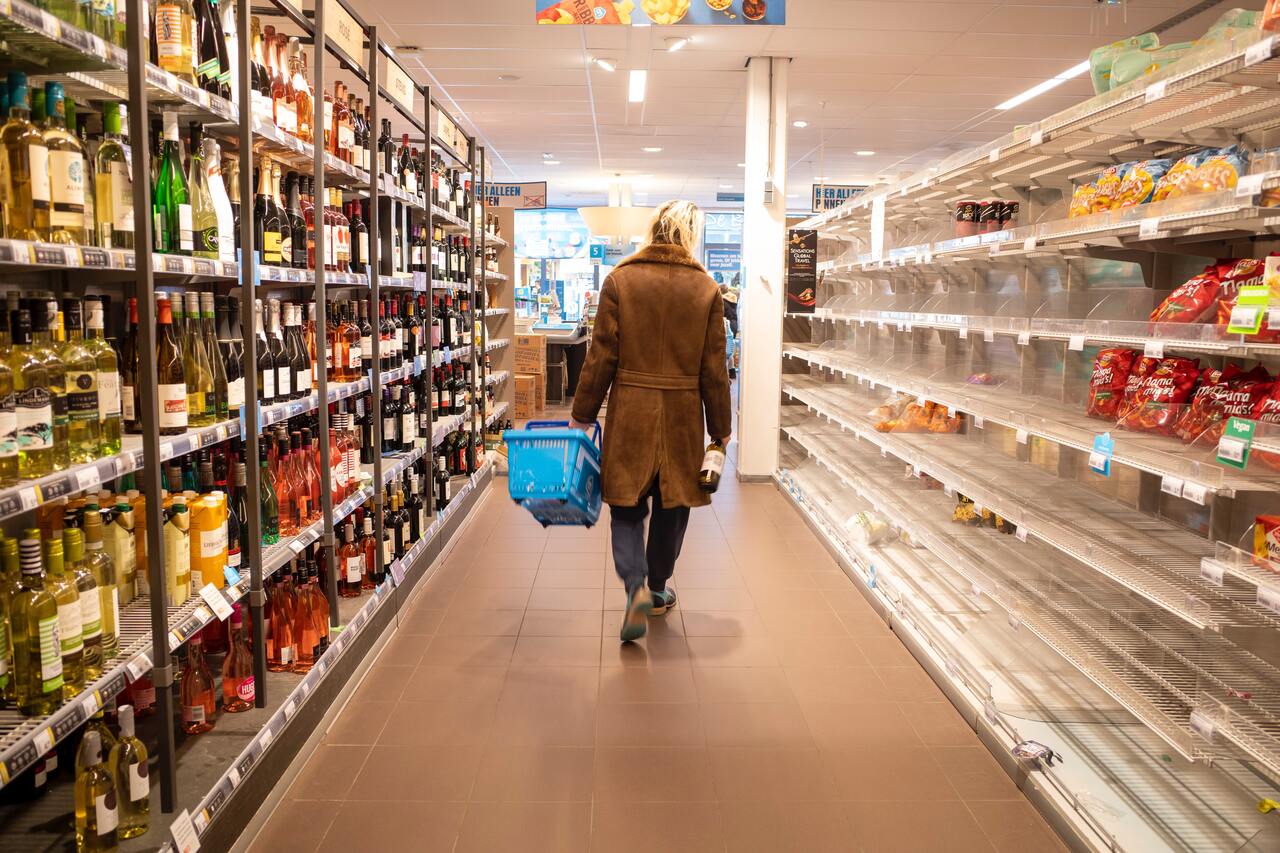The Saudi Arabian Government is committed to develop the transport and logistic sector through USD 14.4 billion government expenditure in 2018. Located right at the crossroads of international trade routes between three continents, Asia, Europe and Africa, Saudi Arabia is leveraging its strategic geographic position to grow the economy and becoming future hub of international trade. With half of the world’s population accessible within a five-hour flight and 300 million consumers within three hours’ air travel, the country is trying to unlock the major opportunity from its strategic location.
Listed in Saudi Arabia Vision 2030, building a unique regional logistical hub through the construction of hard infrastructures is one of the country’s visions. This is expected to reinforce Saudi Arabia’s position as a distinctive logistical gateway to the three continents. Saudi Arabia has invested heavily in the construction airports, ports and railways. The government also plans to work with private sectors and build international partnerships to complete and link the infrastructure across borders.
Aviation and Air Freight
The aviation industry is a key role in the Saudi Vision 2030 with 3,350 deliveries aircraft forecasted to airlines in the Middle East in the next 20 years. Saudi Arabia has achieved significant growth in passenger and freight figures over the past few years. The government has approved the construction of a new civilian airport in Al-Qunfudah in February 2018. The project is a part of transport sector’s expansion to cope with air traffic growth in Vision 2030.
A USD 7.2 billion expansion of Jeddah’s King Abdulaziz International Airport is also projected to stretch airport’s capacity to 30 million annual passengers through 46 gates. Furthermore, Saudi Arabia aims to have expanded airport’s capacity to 43 million annual passengers by 2025 and 80 million annual passengers by 2035.
Maritime Transport
Saudi Arabia’s maritime sector is set to receive USD 8.8 billion boost in 2019. This is expected to set new trends in the shipping and logistic industry towards the country’s ambitious growth agenda and consolidate is position as a global trading hub and strategic gateway.
Saudi Arabia’s maritime network has the capacity of 8 million TEUs and 11,000 ships annually. It consists of 10 primary harbors for non-oil trade, 216 berths, 200 piers and 6 leading container ports located along the intersection of the East-West shipping routes. The country’s ports dominate the regional transit market with more than 90% of Red Sea transits and 30% of the East African trade transits.
King Abdulaziz General Port, Jeddah Islamic Port, Jubail Commercial Port, King Fahd Industrial Port in Jubail, King Fahd Industrial Port in Yanbu, Yanbu Commercial Port, and the ports of Jazan, Dhiba, and Ras Al-Khair are among Saudi Arabia’s commercial and industrial ports. King Abdullah Port is currently the fastest-growing and most advanced port in the region.
Railways and Metros
Since its creation in 1951, railway sector has been one of the focus transportation modes. The sector also became a key enabler for providing a competitive transportation mode for the mining industry. The country’s railway sector governance is composed of multiple stakeholders, including Ministry of Transportation (MoT), Public Investment Fund (PIF), Public Transport Authority (PTA), Saudi Railways Organization (SRO) and Saudi Railway Company (SAR).
Between 2016-2020, Saudi Arabia plans to spend USD 53.3 million to improve railway cargo capacity with an additional USD 8 million to upgrade the rail network. The government invested USD 25 billion in a combined 3,900 km rail expansion plan. The North-South Rail Project is the largest railways with 2,750 m from Riyadh to Al Haditha. It is projected to transport 5 million tons of commodities and 2 million passengers annually. The other project is USD 7 billion Saudi Landbridge Project which provides direct link between the Red Sea and the Arabian Gulf.
In addition, the government also plans to add 10,000 km of rail and metro tracks in the network by 2030. USD 22 billion has been invested to build a state-of-the-art metro network in Riyadh consisting of 6 main lines with 176 km total track length and 85 stations connecting the city to commercial areas, financial center, and the airport.



